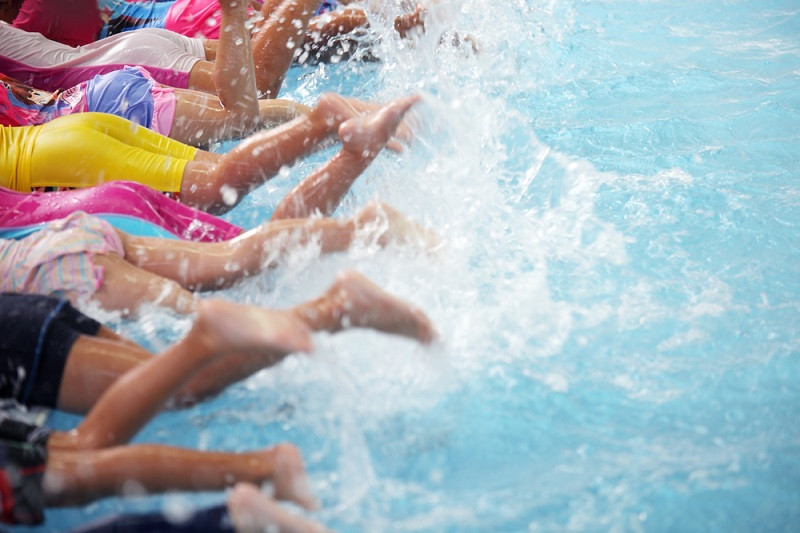Popular Reads
Top Results
Can't find what you're looking for?
View all search resultsPopular Reads
Top Results
Can't find what you're looking for?
View all search resultsSeven things to know about your child’s swimming lessons
Swimming is considered an important step in a child’s physical development.
Change text size
Gift Premium Articles
to Anyone
S
wimming is considered an important step in a child’s physical development. Good training is crucial to prevent accidents like drowning.
Harvard Health Publishing has compiled seven essential things for parents to consider about swimming lessons.
1. When to start
Swimming lessons for babies are abundant, but it is recommended to wait until a child is old enough to be able to follow the teacher´s instruction. Four years is a good age, as children at that age have the cognitive skills to learn. However, younger children between the ages of 1 and 4 can learn useful skills should they fall into water.
2. Make sure the environment is safe
Make sure that the pool, beach or any other swimming area is safe. It should be clean, well-maintained and show posted safety rules. Extra lifeguards beside teachers are essential, as they keep an eye on children and could provide first aid in an emergency. Also, deeper water should be marked, so that children can avoid the area.
3. Avoid too big a group of learners
Having fewer children in a group of learners is better, especially if the children are young and beginners. The swimming instructor is responsible for the whole group and should be able to have all swimmers within arm´s reach.
4. Parents can watch, but not distract
It stands to reason that parents want to watch their children have fun and make progress. To avoid any distraction, though, it is better to stay back. Some swimming pools have decks or windows for observation to watch the beginning or end of a lesson.
Read also: Fans react to John Legend taking swimming lessons at 40
5. Using flotation devices responsibly
Flotation devices can be a blessing or distraction. If responsibly used, they are helpful to keeping children safe and learn proper positioning as well as stroke mechanics. After they feel safe in the water, it is important to part with the devices, as children could get dependent on them.
6. Don't give up
Swimming is a completely new experience in a young child´s life. It is normal to be scared in the beginning. In case a child wants to quit swimming lessons, it is important that parents motivate and encourage them not to give up. Swim instructors can be supportive in this situation as well.
7. Be mindful of the risk
No matter how good or strong a swimmer is, there is always the risk of drowning. Children can get tired, hurt, trapped or disoriented easily and lose their power to buoy up. Lifejackets are crucial for boating and any water sports, and additional supervision is a must. (sop/wng)











